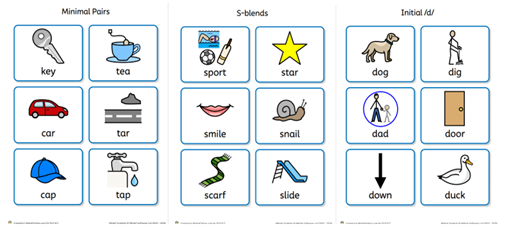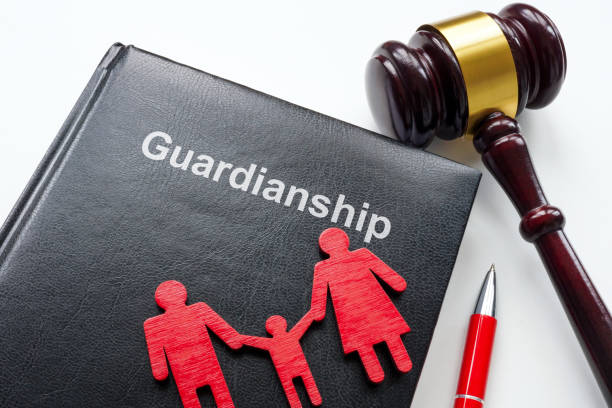Four Things that you can Teach Children about Anger that could Change their Lives Forever
Is anger bad? I’ve asked this question to many children and young adults over the years. Younger children usually agree that anger is bad and it gets you into trouble. Older children often say that it depends on what you do with it. Have you ever wondered why the Emotional Logic method has helped reduce aggressive outbursts in schools and enabled so many people deal with their anger more effectively? These are the four key concepts that enable this change.
1. Anger is a sign that something you care about has been lost or may be lost. It is linked to your core values
Think of something that made you angry. What was it about the situation that you were unhappy about? Does it come down to injustice or a lack of respect for you or others? Were you denied a chance to have your voice heard? There is always a reason for your anger and it is directly linked to your values. We may share the same values and it’s good to see how important these things are to you. If you didn’t care about this, you wouldn’t feel angry.
2. Anger is part of the healthy adjustment process that we all go through during times of change, challenge or loss
All people can feel angry when something they care about is threatened. It doesn’t mean there is anything wrong with you. In fact, it means you have strong, core values. You can only feel anger if something you value is lost or under threat. It is normal and healthy to feel angry sometimes. You need to recognise why you feel angry and learn how to deal with it effectively.
3. You don’t have an anger problem. You might have a bargaining problem
We all feel anger but we often deal with it in different ways. Anger is okay, normal and even healthy. Aggressive behaviour to try to win back what may have been lost doesn’t usually help. In fact, it often results in other significant losses and wider negative consequences! Keeping everything in, saying nothing and feeling terrible doesn’t help either. You need to learn to bargain effectively and assertively.
4. You can learn to bargain more effectively
How do you respond when you feel angry? Do you become overly aggressive? Do you withdraw, keep everything in and feel terrible? It helps us all to recognise our learned bargaining style and reflect on how we deal with these things. Be honest with young people. It's not always easy! Tell them how you feel and how you bargain. Has it always worked perfectly for you? What have you done differently that helped move things forward?
Thankfully, effective bargaining is a skill that you can learn and develop. Like with most things, with practise you can improve. We can help children learn to bargain more effectively; to move things forward, to be heard and to win back aspects of what has been lost without causing huge upset and harm to others or themselves.
If you would like to know more about how we can help your children with Emotional Logic, contact me on cstirling@plpcic.co.uk
Disclaimer: The views and opinions expressed in blog posts are solely those of the individual author and do not necessarily represent those of Plymouth Learning Partnership CIC. The content is provided for general information and educational purposes only and should not be relied upon as professional or legal advice. Plymouth Learning Partnership CIC accepts no responsibility or liability for any errors, omissions, or actions taken in reliance on this content. The individual author is responsible for ensuring that any third-party material used (including text, images, and media) does not infringe copyright. Plymouth Learning Partnership CIC does not accept liability for any unauthorised use of copyrighted material by the individual author.








